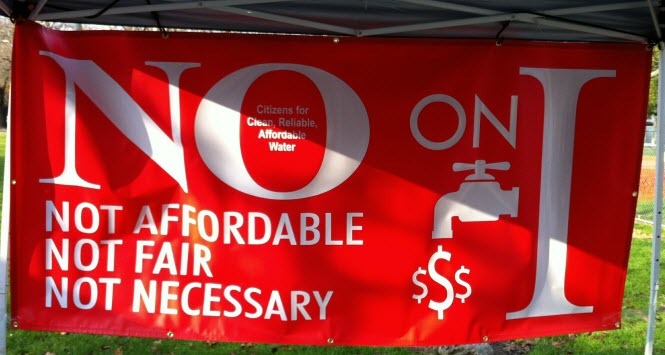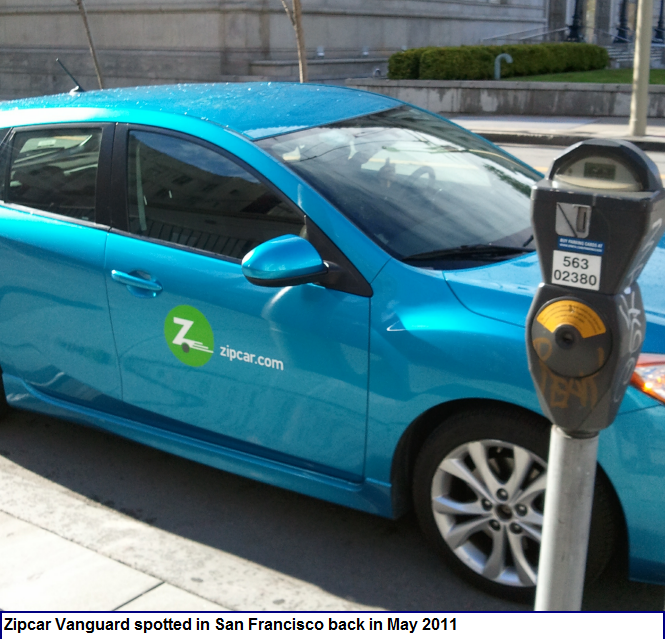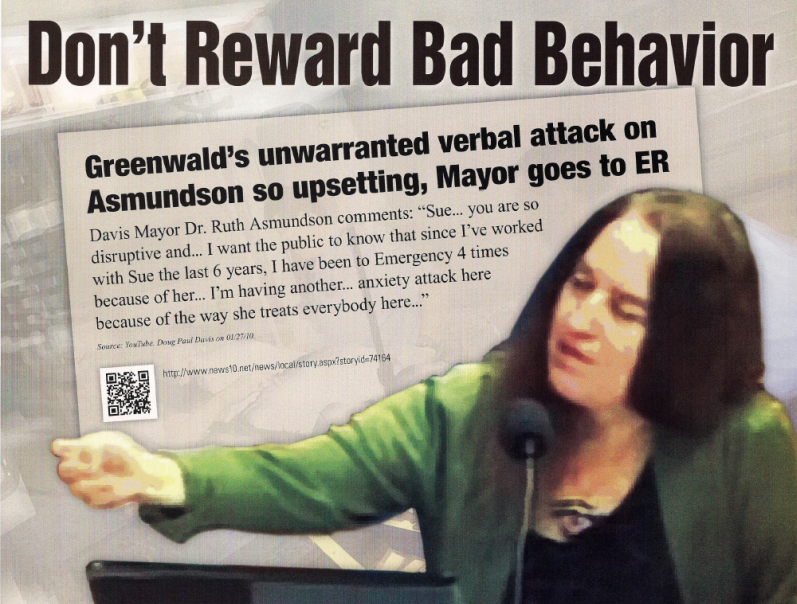Both Sides of Water Issue Already in Campaign Mode
 The Vanguard was out on Saturday morning at the Davis Farmer’s Market and collected the first round of literature from both the Yes on Measure I and the No on Measure I folks.
The Vanguard was out on Saturday morning at the Davis Farmer’s Market and collected the first round of literature from both the Yes on Measure I and the No on Measure I folks.
As we noted yesterday, the literature is presented today without editorial comment. Fact Checking of the issues raised will be occurring and the Vanguard will present the findings as they become available.


 We are less than a month away from the ballots being sent out and less than two months from the end of the Measure I campaign. Ballots are due March 5, but it seems like we have barely begun.
We are less than a month away from the ballots being sent out and less than two months from the end of the Measure I campaign. Ballots are due March 5, but it seems like we have barely begun.
 Earlier this week, someone asked essentially why I am so concerned with the city’s fiscal picture while I seemingly fall in line with partisan bias on the nation’s debt picture. The answer to that question is both simple and complex.
Earlier this week, someone asked essentially why I am so concerned with the city’s fiscal picture while I seemingly fall in line with partisan bias on the nation’s debt picture. The answer to that question is both simple and complex.







